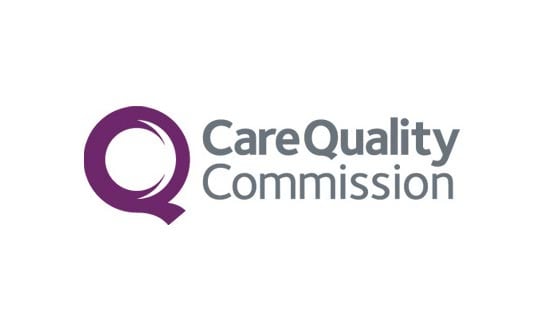East Sussex faces special measures
- 22 September 2015

The Care Quality Commission has recommended that East Sussex Healthcare NHS Trust be put into special measures with access to patient records cited as an area that needs improvement.
The health regulator first inspected the trust’s Conquest Hospital at Hastings and Eastbourne District General Hospital in September 2014, rating both sites as ‘inadequate’ due to failings in several areas.
This was followed by an inspection in March 2015 to check on the trust’s progress, but again the trust scored poorly. Professor Sir Mike Richards, the CQC’s chief inspector of hospitals, has now recommended intervention.
One of the problems highlighted by the CQC in March was the difficulty in getting hold of patient records.
“Patients’ records were not securely stored in outpatients. Medical records were unavailable and in poor state of repair. Clinicians had difficulty locating information upon which to base a decision,” says the report.
It adds that there were occasions where a number of patients were seen by clinicians using temporary notes as the full set was not available. This was partly due to the trust’s “insufficient” processes for bringing records to site for clinics.
As such, the CQC recommended as one of its 12 areas for improvement that the trust “must ensure that health records are available and that patient data is confidentially managed.”
In a statement on his recommendation that the trust be put in special measures, Sir Mike said: “It is clear from our most recent inspection that East Sussex Healthcare NHS Trust has been struggling to deal with deep-rooted problems which have been having an impact on its core services.
“I am disappointed that the trust has made too little progress in dealing with the significant issues in the underlying culture which have been all too apparent for some time.”
East Sussex Healthcare is in the process of moving to an electronic patient record. Last year it announced a 10-year contract with Oasis – which has since been bought by Allscripts – to supply and support its patient administration system and in 2012 Digital Health News reported on its £50 million IT strategy.
The trust has also taken specific action to track paper records by investing in 6PM’s iFIT electronic tagging system, which was introduced at the trust this year.
The system uses radio frequency identification tags to allow records to be stored in a ‘location based filing’ system that means records can be placed in the nearest available space rather than in specific number sequence. Staff can also use handheld RFID guns to seek out a set of notes.
Responding to the CQC’s recommendation Richard Sunley, acting chief executive at East Sussex Healthcare said: “We are sorry that we have let down people who use our services, our staff and colleagues and acknowledge we have not delivered the standards the people in East Sussex rightly expect from us.
“However, we welcome the additional support from the wider NHS that the CQC has recommended and are determined to make a new start. We are working hard to meet our ambitions to improve at pace and deliver excellence for the people we serve.”
The CQC also reported several areas of outstanding practice at the trust, including the introduction of a handheld electronic system for recording patients’ observations, while its care services were rated as ‘good’.
Cambridge University Hospitals NHS Foundation Trust has been put into special measures following a CQC inspection, which identified several problems related to the introduction of its eHospital system.




